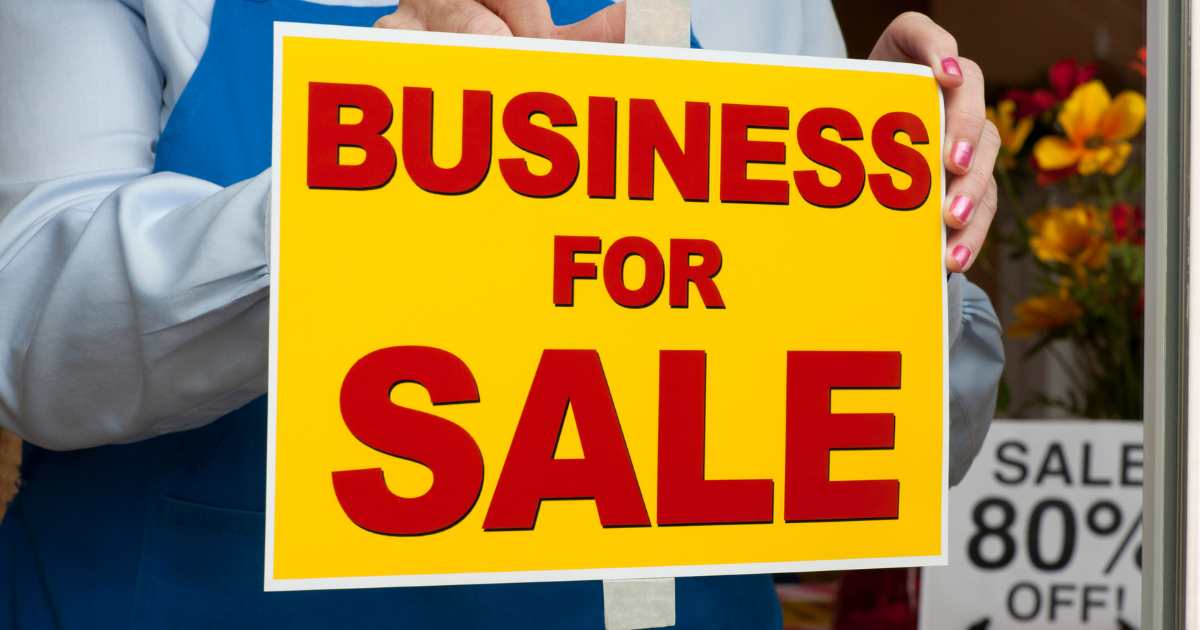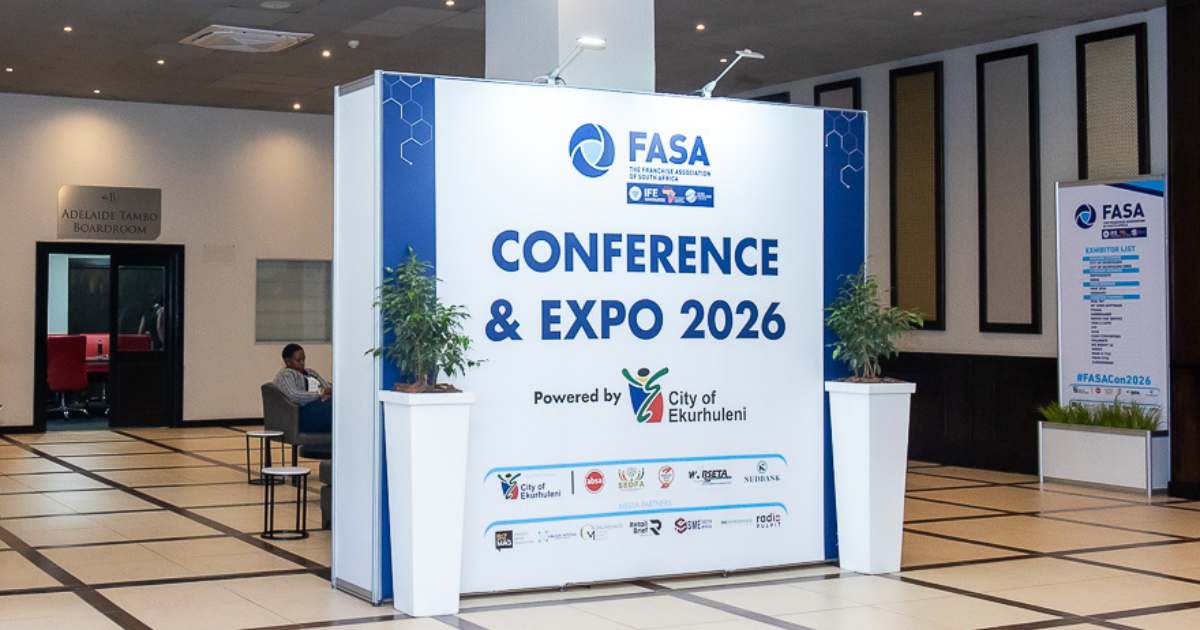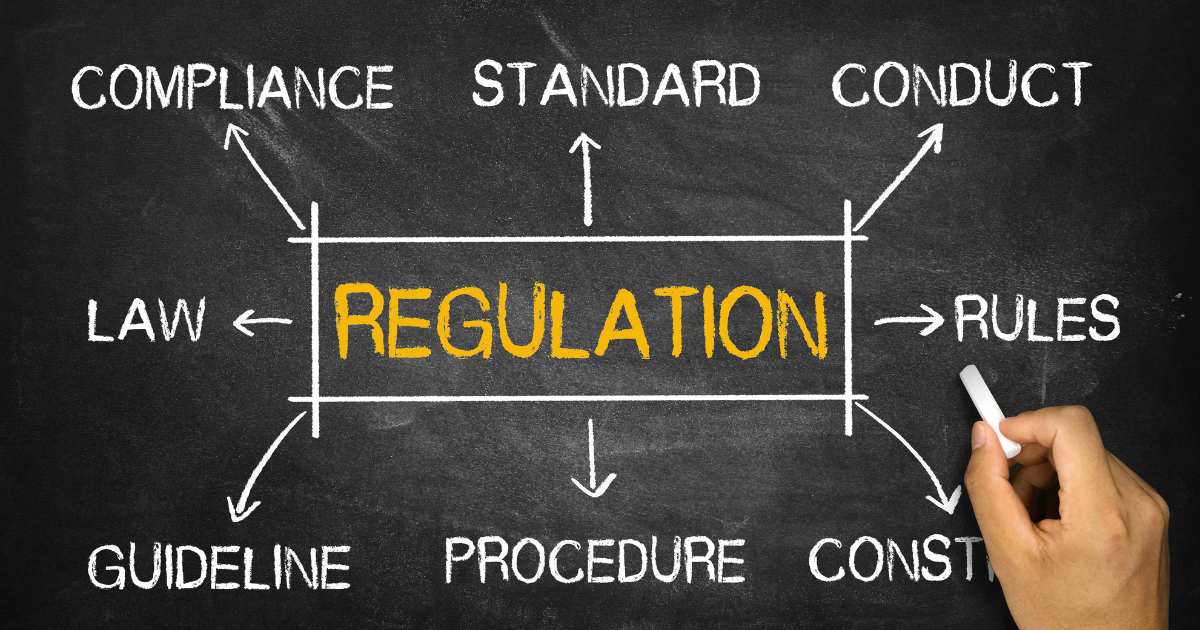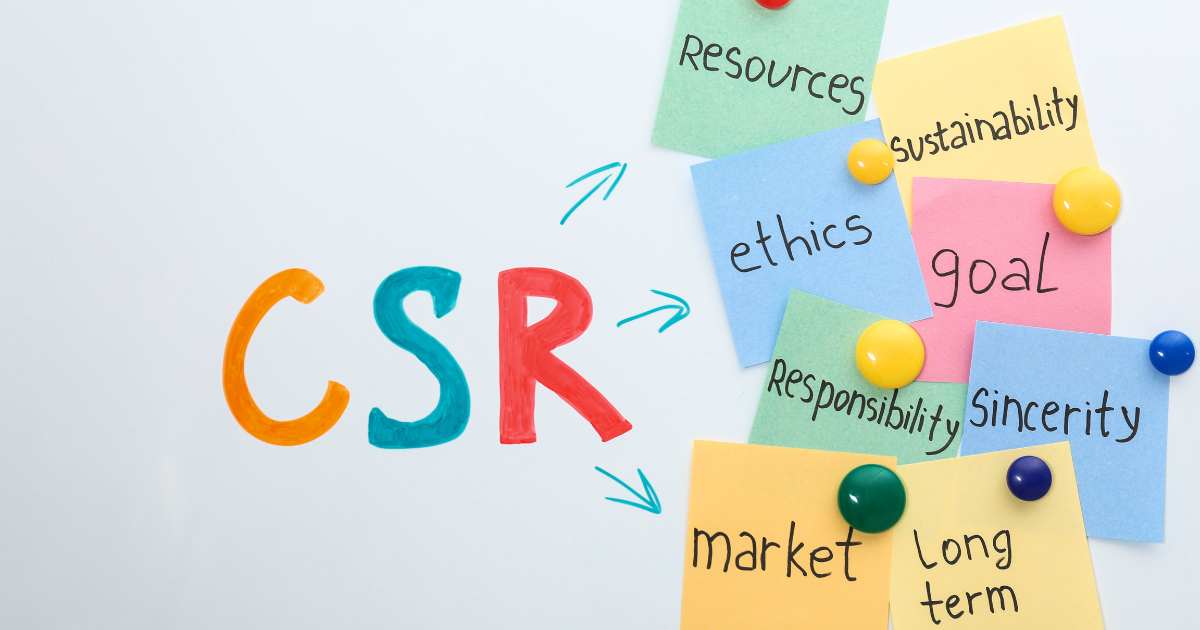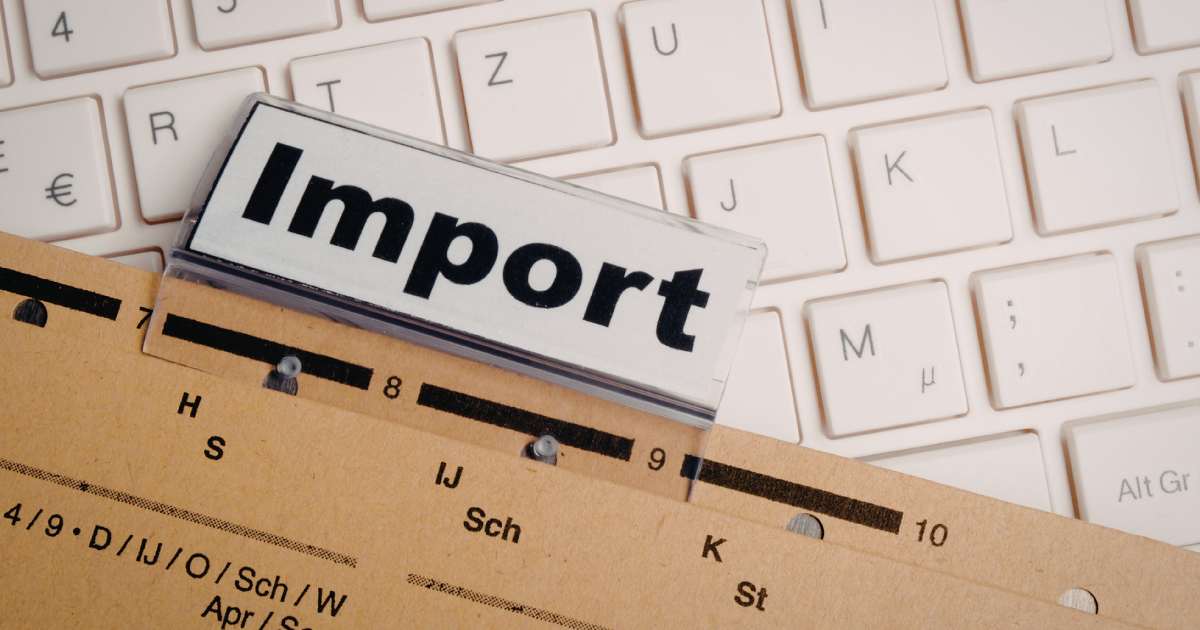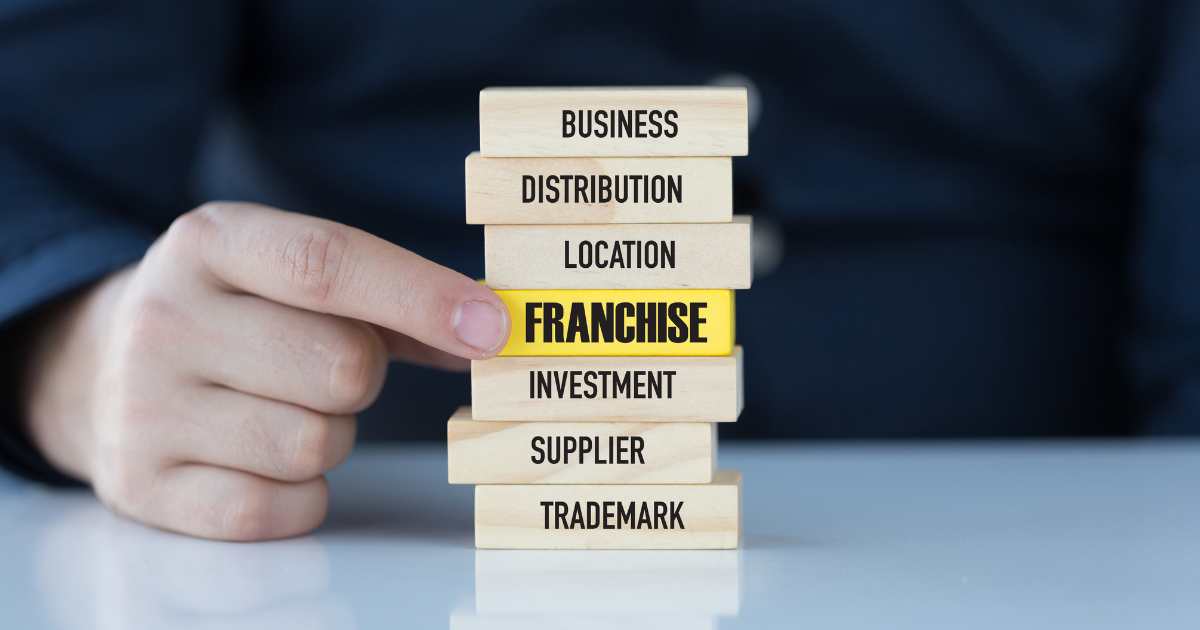
Starting your own business is a great achievement. All your hard work comes to fruition, and you can start to see profits and growth. However, not everyone starts a business, some people start by purchasing existing businesses called franchises. The real question is should you start or purchase a franchise?
A franchise is a business where the owner licences its operations. By licensing operations, the owner gives permission for those who buy franchises to use the business’s products, branding, and knowledge. In exchange, you pay a franchise fee.
Popular franchise brands in South Africa include KFC, McDonald’s and Chicken Lickin’. Other franchises include retail stores like Pick n Pay and Spar. In South Africa, the biggest (or most popular) franchise brand is KFC.
So if you’re getting into business or looking to get into it, it’s important to know where you want your business to go as it grows. In this article, we compare whether you should start or purchase a franchise business.
Starting a Franchise Business in South Africa
The first thing to understand is that franchising your business is only a good option if your business is already successful. A successful business is already operating, making a good profit and is a market leader within the chosen industry.
Is My Business ‘Franchisable’ in South Africa?
The first thing to understand before beginning the process of franchising your business is to see if the business is worth franchising. You know your business will make a good franchise if:
Credible and proven business concept – This means your company has a good track record and an experienced team leading it.
Established business brand – Your business brand should be memorable to customers. This means your branding is recognisable and this translates into people wanting to buy your products or use your services. An established brand also means your business is registered and capable of being expanded into other parts of the country and eventually the rest of the world.
Profitable business – Your business needs to have a proven track record of generating good profits. This means that any loans that are attached to the business need to be paid off or almost paid off. Additionally, you might need to use business profits to hire professionals who will assess if your business can be franchised.
Unique business – Your business must stand out from others within your sector and have a unique selling point. Basically, your business must be a market-disruptor in order to be competitive all over the country and the world.
Sustainable and growing business – This is important but potential franchisees will want to see that your business is able to operate in the long-term. This means whatever product or service you offer must be innovative, growing and its demand must be sustainable.
Intellectual property and business systems – Intellectual property of your business must be present. This means your business must be registered with the Companies and Intellectual Property Commission (CIPC) and you must be able to licence the business so others can use it (franchisees).
Additionally, you must have proper systems in place which dictate how your company functions. This helps franchisees see how your business works and how to duplicate the same efforts.
Transferable skills – This means that it must be possible to train potential franchisees the necessary skills to run the business within a reasonable time period. This is also where proper systems come into play, to make training easy and quick.
Price premium – This means your products or services must be priced a bit higher than your competition. This gives the perception that your product or service is high-quality which will gain the attention of potential customers.
Franchise culture – This means that you as the business owner must be open to learning from others and helping potential franchisees with their businesses. Franchisees are business partners, so you need to be open to working with them and not them working for you.
Advantages and Disadvantages of Franchising Your Business
Some of the advantages of franchising your business include:
- Growing your business.
- Low costs as each franchisee finances their own franchise.
- Brand development for your business.
- Easier management because each franchisee oversees their franchise.
- Provides ideas for future success to help you further grow your business.
- More money coming into your business.
Some of the disadvantages of franchising your business include:
- Franchising costs can be quite high as you will need to hire professionals such as lawyers to help you.
- Franchising can be time-consuming especially when you are still setting up the franchising model.
There aren’t many disadvantages when franchising your own business, however, it is a lifetime commitment. Before you begin the process of developing your franchise model, ensure your business is ready for it and that you are ready for the time and costs involved.
Note: You can get help on franchising your business from whichfranchise.co.za by completing the online form.
Purchasing a Franchise in South Africa
As explained above, purchasing a franchise means you buy the licence from the brand’s owner. This allows you to use its branding, products or services and business knowledge. By doing this you become the franchisee.
Some people see a franchise as a less risky way of getting into business. And although that might be a little true there are different aspects to consider when getting a franchise. Some of the positive and negative aspects of getting a franchise include:
Less freedom – Buying a franchise does mean you have less freedom in the business as you have to follow the brand rules. However, franchising does mean you have more support from the franchisor, and you receive the training and support needed to run a successful business.
Instant brand awareness – Unlike your own business where you have to build your own brand from scratch, buying a franchise means that you can inherit an established brand. Although instant brand awareness is great, with a franchise you cannot tweak the branding to your liking.
High costs – Buying a franchise is relatively costly. You will most likely need to take out a loan to finance the costs of the franchise and getting infrastructure.
Standardised operations – Getting a franchise means that you operate the business as specified by the franchisor. This means your franchisee will work the same way, and offer the same prices and promotions as others around you (close or far).
Support – Unlike starting your own business, a franchise comes with support from an established brand. This can include training for employees, marketing support and sometimes equipment support.
Faster return on investment – Owning a franchise means that customers will come much quicker than with a start-up business. The established brand that comes with a franchise makes it easier for customers to trust the quality of the products or services.
These are just some of the advantages and disadvantages of buying a franchise. Looking at it, a franchise is a less risky way of getting into business but it is not as rewarding as watching your own business grow from a small to an established franchise business.
If you believe that buying a franchise is for you, visit the SME South Africa website for more information about the top franchises to set your sites on.


